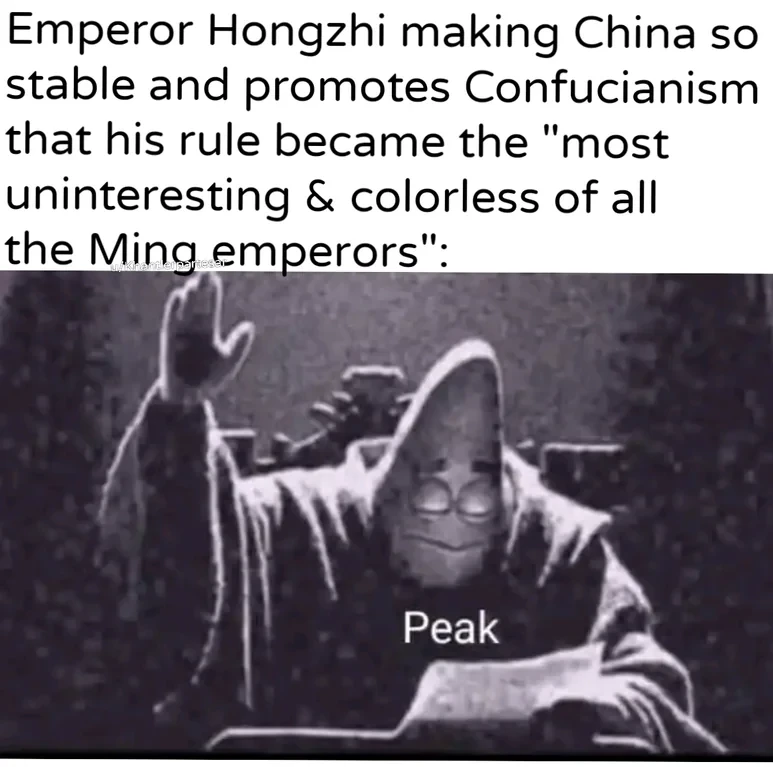The kind of ruler that the average mediocre non-voting masses would leave stranded in the midterm and re-election...
PoLiTiCs ArE bOriNg (YaWn) I wAnNa Be DaZzLeD aNd EnTeRtAiNeD aLL dAy eVeRy DaY!!!
Then they get what they fucking mindlessly, myopically wish for.
wHy ArE pOLiTiCs So GrOsS nOwAdAyS?!!
